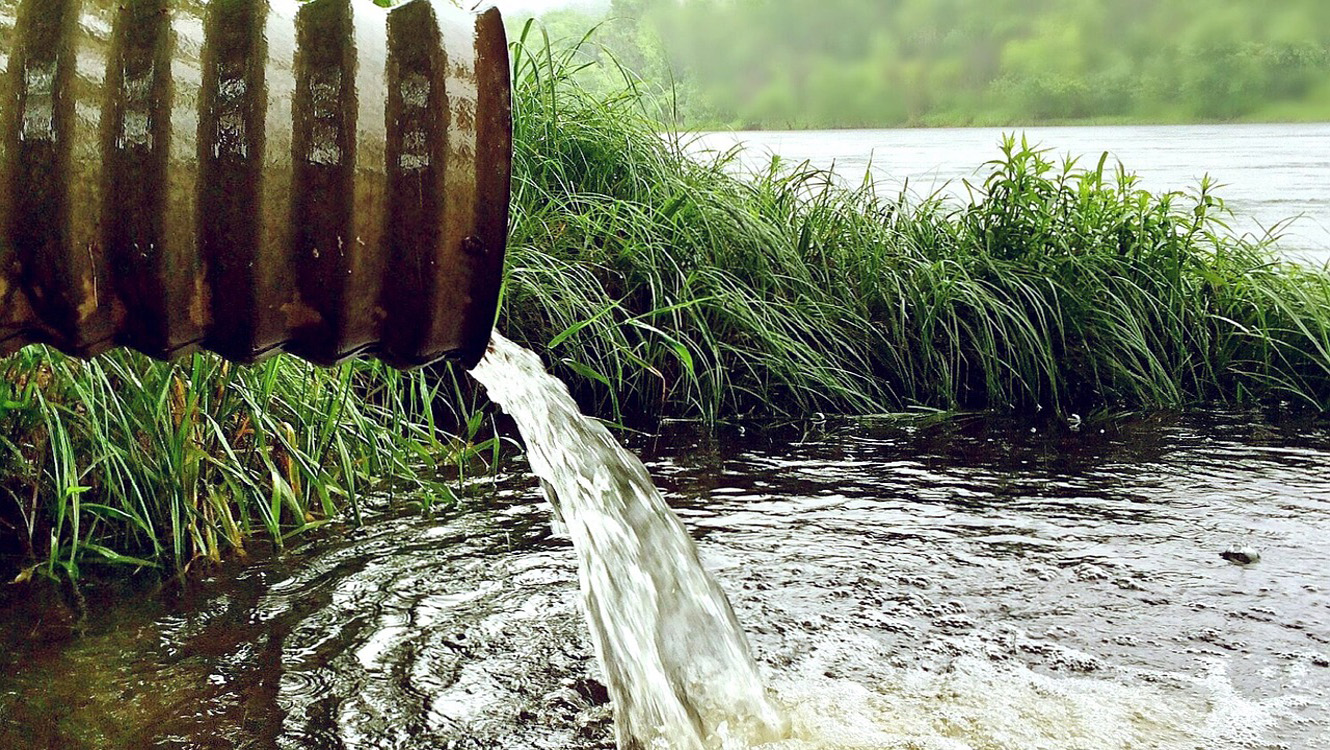The Government’s Strategic Policy Statement (SPS) guidance to Ofwat has reflected a number of recommendations the Environmental Audit Committee (EAC) made in correspondence with the DEFRA Secretary of State and its recent report, Water Quality in Rivers.
The recommendations that the Government has accepted, which are reflected in the SPS guidance, include:
- Challenge water companies to demonstrate how they can deliver zero serious pollution incidents by 2030;
- Prioritising investment over lowering bills to ensure that the sewerage system is fit for the future;
- Amending previous wording around the use of storm overflows being used in ‘exceptional’ circumstances to ‘only in cases of unusually heavy rainfall’;
- Prioritising overflows that do the most harm to sensitive environments;
- Water companies should significantly increase their use of nature-based and catchment-based solutions.
Environmental Audit Committee Chairman, Rt Hon Philip Dunne MP, said:
“For too long our antiquated sewerage system has buckled under increasing pressure and – simply put – is not fit for purpose. Sewage and non-flushables plague our waterways threatening the health of humans and wildlife alike.
I welcome the SPS guidance published by the Government today, which reflects a number of our Committee’s recommendations. I see this as an important first step in the recovery of our arteries of nature. From water companies being obliged to publish more information on sewage discharges, to scrutinising water companies’ ability to have zero serious pollution incidents by 2030, these transparency measures will shine a light into hitherto dark tunnels. These initiatives represent a much needed step change and will hopefully mark the beginning of the end of regulators and water companies simply turning a blind eye to the pollution of our precious waterways and the harm done to the wildlife that inhabit them.
But we must not be complacent: upgrading and making a Victorian sewerage system fit for the 21st Century will take a significant amount of work and investment. This effort will require a whole of system approach: not just action being taken by water companies. Our Committee looks forward to the Government’s substantive response to our report and further guidance from the Government on the use of storm overflows by water companies.”
Mr Dunne added: “We shall also be keeping a close eye on the outcome of current investigations by the Environment Agency into apparent permit breaches.”
- Environmental Audit Committee
- Image: Pixabay



